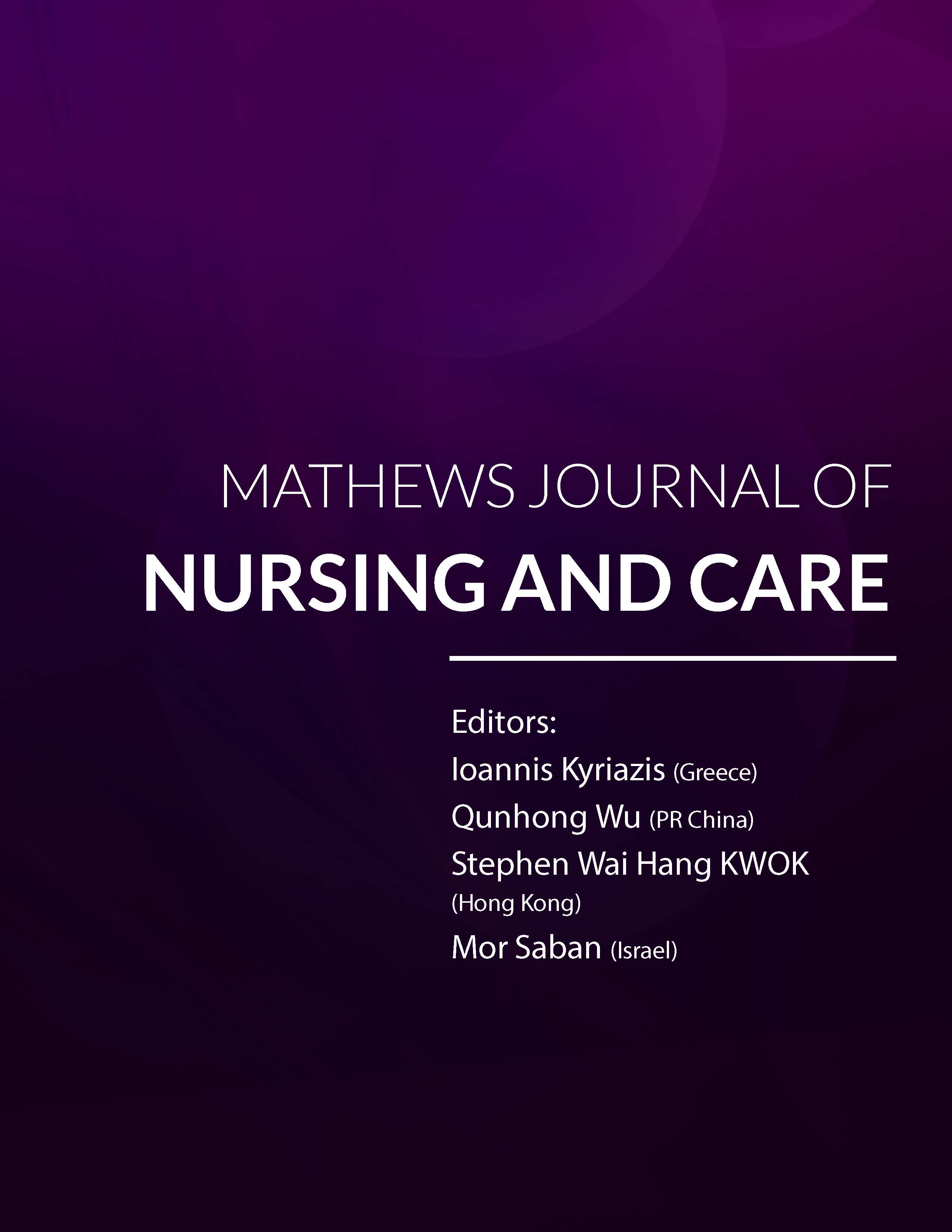
Information Links
Previous Issues Volume 5, Issue 6 - 2023
Family Factors and Personal Characteristics of Gambling in Students from Seventh to Eleventh Grade of the Instituto Experimental La Asunción, Lechecuagos, León, III Quarter
Rocha Peña Víctor Saúl1,*, Blandón Olivas Adriana Lucía2, Pérez Morales Yuliana Guisell2, Pichardo Alvarado Angélica Melisa2
1Graduate in Nursing Sciences, Professor of the Nursing Department, Coordinator of the Vice-Rector's Commission for Innovation and Entrepreneurship in Nursing, member of the Nursing Research and Development Committee, CIDE–UNAN León, Nicaragua
2Bachelors in science and literature, Nursing students, Nursing Department, Faculty of Medical Sciences, UNAN-León, Nicaragua
*Corresponding author: Rocha Peña Víctor Saúl, Bachelor of Nursing Sciences, Professor of the Nursing Department, Coordinator of the Vice-Rector's Commission for Innovation and Entrepreneurship in Nursing, Member of the Nursing Research and Development Committee, CIDE–UNAN León, Nicaragua, Phone: 85234521; Emails: [email protected]; [email protected].
Received Date: November 07, 2023
Published Date: December 14, 2023
Citation: Saúl RPV, et al. (2023). Family Factors and Personal Characteristics of Gambling in Students from Seventh to Eleventh Grade of the Instituto Experimental La Asunción, Lechecuagos, León, III Quarter. Mathews J Nurs. 5(6):32.
Copyrights: Saúl RPV, et al. © (2023).
SUMMARY
Gambling addiction or pathological gambling is not a type of vice, or an expression of mental weakness, it is a psychological disorder that affects various aspects of the personal, family, work, social and economic life of those who suffer from it, since their ability of self-control and finds it difficult to say 'No', being, therefore, unable to postpone the impulse or desire to play. The gambler's brain stops functioning rationally and enters a distortion of reality that will lead them to think that they can play in a controlled way again. This could be influenced by family factors such as family structure, absence of rules and limits, family supervision or learning of gaming behavior through a family model in which there are positive attitudes towards it, as well as personal characteristics, highlighting anxiety, emotional instability, self-control deficit, unrefreshing sleep also manifests as a result of insomnia, etc. The study was descriptive, quantitative and transversal where the population was made up of 201 students between 12 and 19 years old, seventh and eleventh grade students, of both sexes, from the La Asunción Fe y Alegría Experimental Institute, Lechecuagos. A data collection instrument was applied on family factors and personal characteristics of gambling addiction. For the participants, the act of playing is of utmost concern, since this occurs at home, school or other places, there is no limit on playing time. Although they are aware of the risks and continue to carry out this practice.
Keywords: Gambling Addiction, Video Games.